Feb 7, 2024
Explore Podcasts – A Wonderful Way to Listen and Learn
ResourcesSources
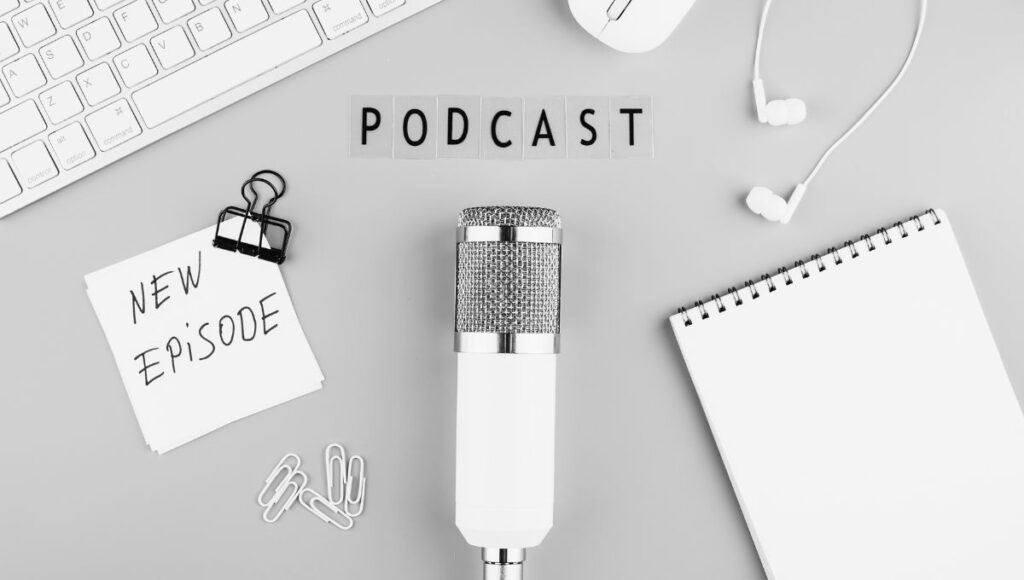
Podcasts are a great way to learn new information, stay current on topics that matter to you and hear commentary and opinions from experts.
Explore how to use podcasts for diligence and easy ways to find and access podcasts.
I am a fan of podcasts. I listen to podcasts while I sort and file paper, do household chores and when I take walks. Pretty much any time I am doing something that doesn’t require much attention and is boring I reach for my phone and listen to a podcast show.
I have a library of shows that I subscribe to so I can access an episode by just going to the podcast app on my phone. These shows range from the funny to serious, current to historical. But most of them are shows that I listen to for my own diligence purposes. There are shows about technology, compliance topics, legal commentary, news and government enforcement activity.
Listening to podcasts are an easy way for me to keep up to date with the industries that I work in and that are of interest to me. I find podcasts so useful that I am recommending that if you don’t already listen to podcasts, or if you thought they were only good for entertainment, you
Diligence File Source Record – Podcast
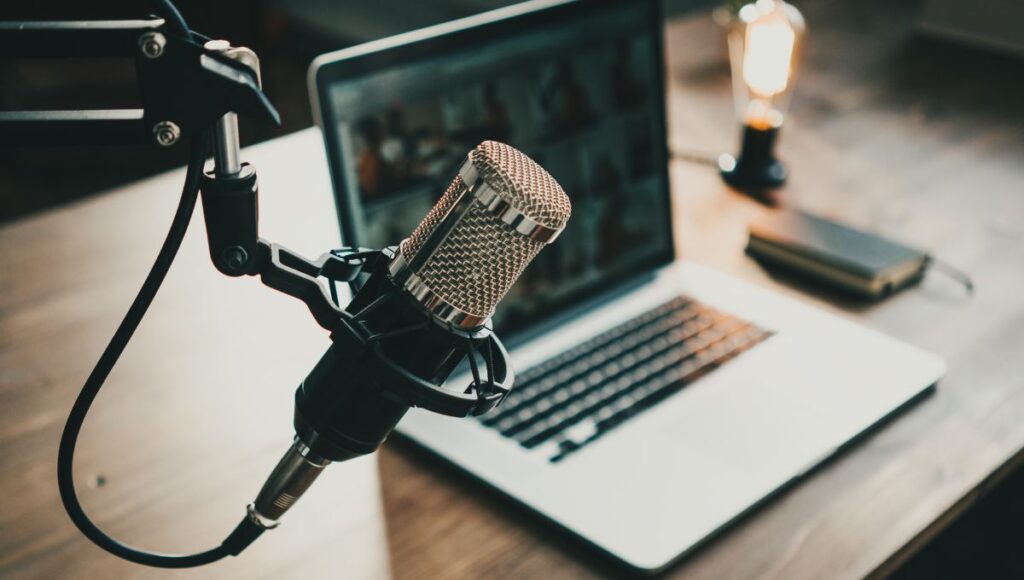
A Very Short Background!
As I understand from various sources on the web, the word “podcast” is traced back to 2004 to a British writer Ben Hammersley who wrote an article in the Guardian about a new type of downloadable radio program. The actual word “podcast” is a combination of the words iPod (Apple’s now discontinued portable media player) and broadcast. Early podcasts were usually audio only so this was an appropriately descriptive word.
Basically, a podcast is a digital or audio or video program that is recorded and then made accessible to an audience through the internet using a podcast application such as Spotify or Apple Podcasts or on a website or a social media platform such as You Tube. The closest analogy to the pre-web world is the radio.

Who is Creating Podcasts and Why?
Who
The relative low cost, easy technology (now including AI) and low barriers to enter the market along with the growing audience for podcasts means that there is a growing group of podcast creators. Creators include:
- Individuals such as experts, marketers, entertainers, business professionals, lawyers, politicians
- Businesses
- Governments
- Associations & Industry Groups
- Nongovernmental Organizations (NGOs)
- News Organizations (e.g. newspapers, networks)
- Educational and Research Institutions
- Charities
- Healthcare Entities
- Religious Organizations
- Specialty Podcast Networks
Why
There are a variety of reasons why individuals and entities are create podcasts. These include wanting to:
Educate or instruct the public or a subsection of the public interested in a topic or particular
Establish Expertise for themselves or their firm
Market themselves or their firm’s services or products.
Sell a product or service
Entertain a target audience
Advance a Political Agenda which may include specific political beliefs or issues
Broadly Disseminate propaganda, misinformation and disinformation
Be the Object of Attention

What is the Content About?
Podcast content may be fiction or nonfiction, structured or unstructured, scripted or free form. Most of the podcasts that I listen to are nonfiction and while they have a structure they are unscripted. The host or hosts engage in a conversation with each other, with the audience or with their guests. They prepare and may use questions or an outline to guide them but they don’t sound as if they are reading from a script. This is what makes them easy to listen to and easy to understand.
But there is no one way to podcast so you have to be prepared for a variety of styles when you start to tune into them. These are my observation based on the podcasts that I listen to:
Subject Matter – There are a wide variety of podcasts and topics covered seem endless. However, most podcasts do have a theme or speciality and the shows are organized around that theme. The theme may be as specific as a one law – for example the US FCPA (Foreign Corrupt Practices Act) enforcement or as general as global anti-corruption issues vs. just the FCPA.
Format – The podcasts are either (i) a show with a host who does a solo monologue or who interviews a guest, (ii) a limited series investigative report/documentary or (iii) the audio of previously recorded material such as a conference panel or a TV show.
Frequency of the Show – The serious and professional podcasts are on a schedule. The podcaster or podcast network is trying to grow or retain an audience so it is to their advantage to announce and keep to a schedule. The show may appear multiple times a week, once a week, once every few weeks and it will be issued on the same day of the week. You can subscribe to the show in the podcast app and receive notice when a new episode is available.
Availability – If the show has been available for a while or if it is an ongoing hosted program you can “binge” listen to the show at your leisure. And while podcasts are “broadcast” through the internet, you can usually download available shows so that they are available to you offline. But a word of caution – shows end. There may be an announced “end of show” date or it may be abrupt with no notice. When this happens the past episodes may no longer be available.
Geography – podcasters are located all over the world so there is potential to find shows in different locations and multiple languages. I recommendation is that you familiarize yourself with your podcast application’s instructions for finding foreign content and language based podcasts.
Cost – Currently, the podcasts that I listen to are free for the listener. There may be a subscription option which allows ad free listening and priority access to episodes. When the podcast is free the podcaster covers costs with ads or sponsor. But I notice a trend – more and more podcasts are being either debuting as paid content or are going behind paywalls. Subscription podcasts may be coming more common especially if the host is well known.
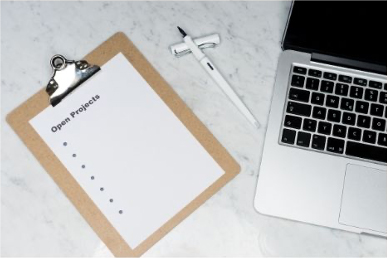
How are Podcasts Helpful for Diligence Projects?
There are a variety of uses for podcast content, here are some ideas:
- Background material – a podcast may provide a quick lesson or review if you need background for a topic or industry that has a legal or regulatory connection to your project,.
- Information about specific issues – there are podcasts that are focused on the status, implications, changes and laws that apply to a particular issue, for example anti-money laundering or corruption.
- Regulatory enforcement and regulatory action – If you are interested in a regulated industry, such as banking, insurance or healthcare, there are podcasts that focus on these industries. Often the podcaster is a member of a professional services firm such as a law firm or consulting firm, that specializes in advising the industry.
- Current Events or History – if you are looking for information that pertains to an event or a period in time, a podcast may provide you with information. For example, I have listened podcasts about the Madoff Ponzi scheme, the FBI spy Robert Hanssen and the Theranos collapse.
- Experts – if you want to hear from experts in a particular field, even from a government agency, you may find them through podcasts. It is also possible that an expert that you are familiar with has a podcast.
- Ongoing Information – if you need ongoing information about a topic there are podcasts that follows particular topics and provide ongoing updates.
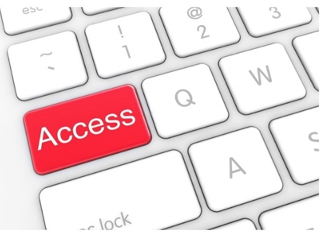
How Do You Access a Podcasts?
Through an App
My introduction to podcasts was through the Apple Podcasts application on my phone. This is an app included with the iPhone.
According to Apple there are millions of podcasts on the app. The app has podcasts organized into topics, will suggest podcasts, has a browse function and has a search function that allows you to look for podcasts based on search terms.
I use Apple Podcasts but there are other apps that you can put on your mobile phone for finding and listening to podcasts, including for example:
Google Podcasts (migrating to You Tube Music after April 2, 2024)
While some shows are exclusive to an application, the ones that I have been listening to are available through multiple applications.
Through a Website
You can access podcasts by going to the specific show’s website or the website of one of the applications that are listed above and following the prompts.
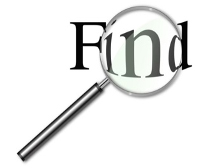
How Do You Find Relevant Podcasts?
I have a few suggestions:
- Use a search engine You can search for podcasts in a search engine. I do this by constructing a search string that includes your topic or subject of interest, the word “podcast” and if you want current material include the year. For example, here is one that I used in Google – Anti money Laundering podcast 2024. The results were shows and lists of shows that relate to anti money laundering compliance.
- Use a podcast directory – Each of the links under the Access section above, takes you to a podcast platform that includes a directory.
- Look for specific podcasts – Podcasts are common so it is worth researching a relevant industry organization, business, government agency or individual expert to see if they host a podcast. Again, you can start with a search engine or going directly to the website of a potential host and searching for signs of a podcast.
- Ask – ask your colleagues and your network (in person or on social media) if they have suggestions for good podcasts or good hosts to follow.
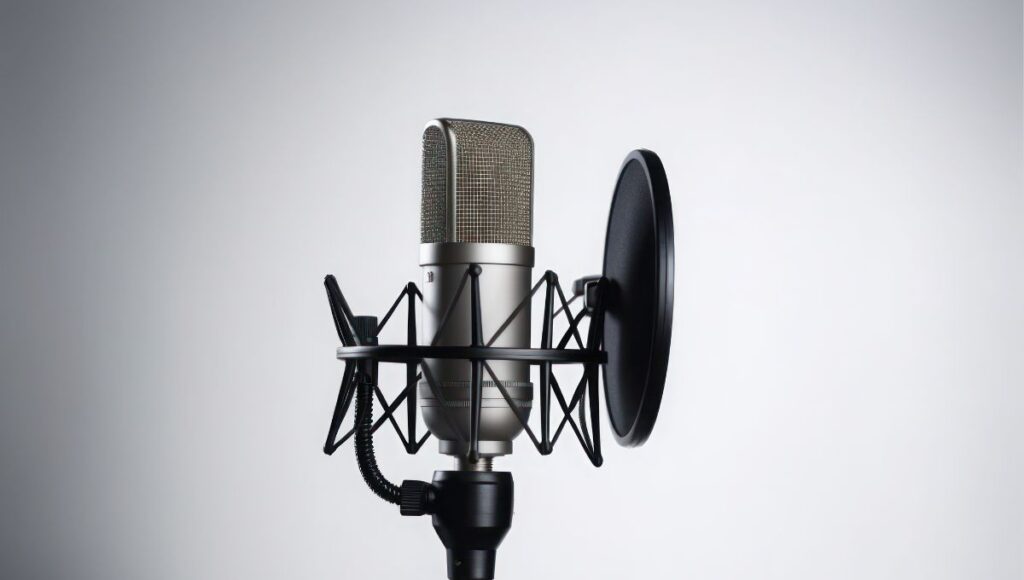
More Information About Podcasts
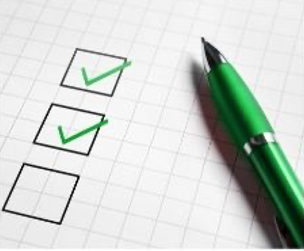
Always Evaluate – If Needed Verify
Evaluate – This is a post about how podcasts are possible sources of content for diligence projects, so treat podcast content as you would any other source. If you find a podcast that you think has useful content it is your responsibility to evaluate the publisher or sponsor of the podcast, the speakers and the material to decide on the accuracy of the source and the material.
Verify – If you have doubts verify. For example, you would want to verify if:
- you have questions about the knowledge level or expertise of the speakers and publishers or sponsors of the content
- the quality of content appears questionable
- the content does not seem complete
- the sponsors or the advertising on the podcast seems disreputable
- you remain unsure, skeptical or uneasy about the quality of the content, advice or other information provided or parties involved.
Verifying means you look for other sources to confirm what you have already found. Don’t hesitate to verify if you have doubts.
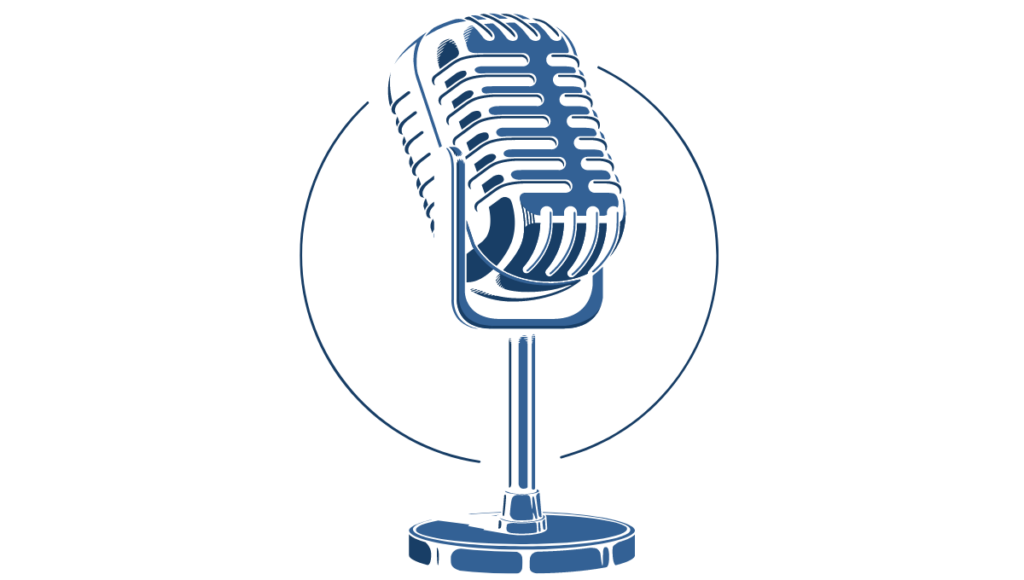
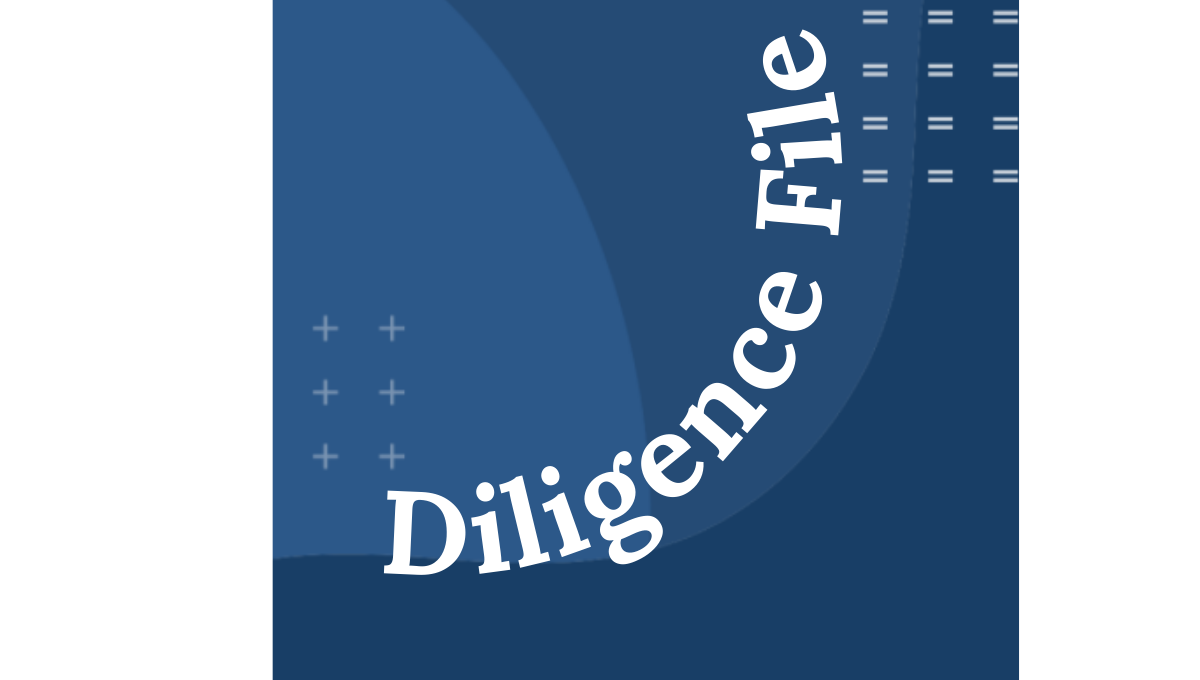
Subscribe
Subscribe to Diligence File emails for more ideas, information and resources for great diligence

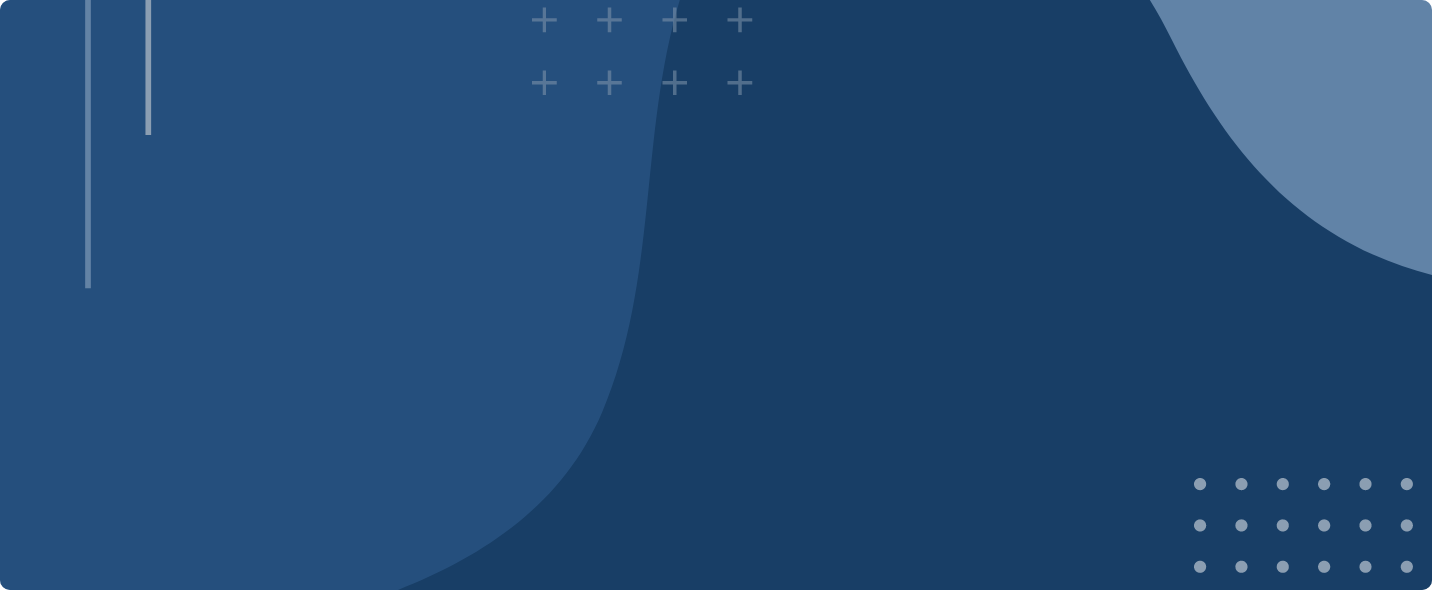
Subscribe for Diligence Updates
Get the latest updates, resources, offers, and more.
"*" indicates required fields
The Diligence File respects your privacy. Privacy Policy